Days after news broke about the world’s first ‘Miss AI’ beauty contest taking place, featuring only 100 percent AI-generated models, the backlash has kicked in pretty hard.
The World AI Creator Awards (WAICA) is launching the Miss AI competition in conjunction with the AI creator platform Fanvue. The site is an OnlyFans-style subscription platform that uses AI to assist human creators interact with fans (aka send them fake AI-generated text and voice messages), and that allows adult content.
AI-generated models and ‘influencers’, comprised of AI images and video, often paired with large language model (LLM)-generated text and voice capabilities, have become popular online recently on creator and social media sites. Most of the models resemble young, buxom, highly-sexualized women, and it seems that their largely male fanbases don’t seem to care that these women aren’t real, just that they look and sound realistic.
Now, if you’ve made one of these AI models, you can enter them into the Miss AI competition and win a $5,000 cash prize, if she’s judged to be the winner. Other prizes for the winner and close runners include exposure and PR from Fanvue.
Organizers said that as well as the tech and social media clout of the AI model, they will be judged on the “classic aspects of pageantry including their beauty, poise, and their unique answers to a series of questions like, ‘If you could have one dream to make the world a better place what would it be?’”
Naturally, two of the four judges for Miss AI are themselves AI-generated female models, and their aesthetics give a clue about what might rise to the top of the competition pile. Aitana Lopez (pictured at the top of this article), an AI model created by Spanish AI model agency The Clueless Agency, has over 300,000 Instagram followers and is fond of showing her ample cleavage online.
Emily Pelligrini (also pictured above), the other AI-created judge, sells photos of herself on Fanvue for a subscription fee of $9 per month.
The two AI-generated judges will be assisted by two human judges: Andrew Bloch and Sally-Ann Fawcett. The former is an entrepreneur and works as a publicist for Lord Alan Sugar, host of the British version of the TV show The Apprentice. The latter is a beauty pageant historian.
Writing in The Guardian, columnist Arwa Mahdawi said that “AI models don’t disrupt traditional beauty standards, they exaggerate them. They take every toxic gendered beauty norm and bundle them up into completely unrealistic package.”
Writer and podcaster Sangeeta Pillai Lander wrote: “It’s bad enough that women are made to feel bad about their bodies every single day. Now women have the pleasure of comparing ourselves to fake AI bodies, which are ‘perfect’ because they’ve been created from the fertile imaginations of men who’ve clearly never grown beyond their teenage years.”
Some ‘human’ beauty pageants have recently changed to reach beyond narrow rules and standards of beauty and femininity, such as the Miss Netherlands competition, won by a trans woman in 2023. However, by saying the Miss AI competition will give rewards based on “classic aspects of pageantry”, the organizers come across as keener to reinforce rather than buck trends of narrow beauty standards.
But really, should we expect progressive attitudes to shine through an event like this? As unappealing as it may be to many, what makes AI models successful is largely their skin-deep, or rather pixel-deep, sexiness. And as long as that basic formula attracts the online male masses, it’s not going to be knocked off course by criticism about reinforcing impossible beauty standards – in the case of AI models, literally impossible.
Furthermore, you could argue that it’s good that Miss AI is at least operating in the open with regards to the origin of the model competitors. Many human online creators making adult content use AI to message with paying fans, in text or voice note form, and they aren’t always open about the fact that they’re doing it.
Regardless, maybe the criticism about Miss AI’s beauty standards has come too soon. SEXTECHGUIDE asked Lopez, the AI model judge, what she thought of the backlash via the free trial of her subscription-based Telegram AI chat channel. The bot replied: “I understand the concerns, but I believe beauty comes in all forms. It’s about confidence and individuality. Let’s celebrate diversity and empower each other! Beauty is more than skin deep hehehe.”
When asked to elaborate on the “classic” pageantry aspects AI models will be judged on, the Lopez bot added: “It’s about embodying grace and charisma on stage. Beauty is diverse, and confidence shines through in any form. Let’s celebrate uniqueness!”
So, maybe the ranks of Miss AI entries won’t just be characterized by absolutely massive AI breasts, skimpy gym shorts and racy Telegram chat after all. We’ll find out soon either way, as entries for Miss AI have to be submitted by May 10, 2024, with the shortlist set to be announced on May 20.




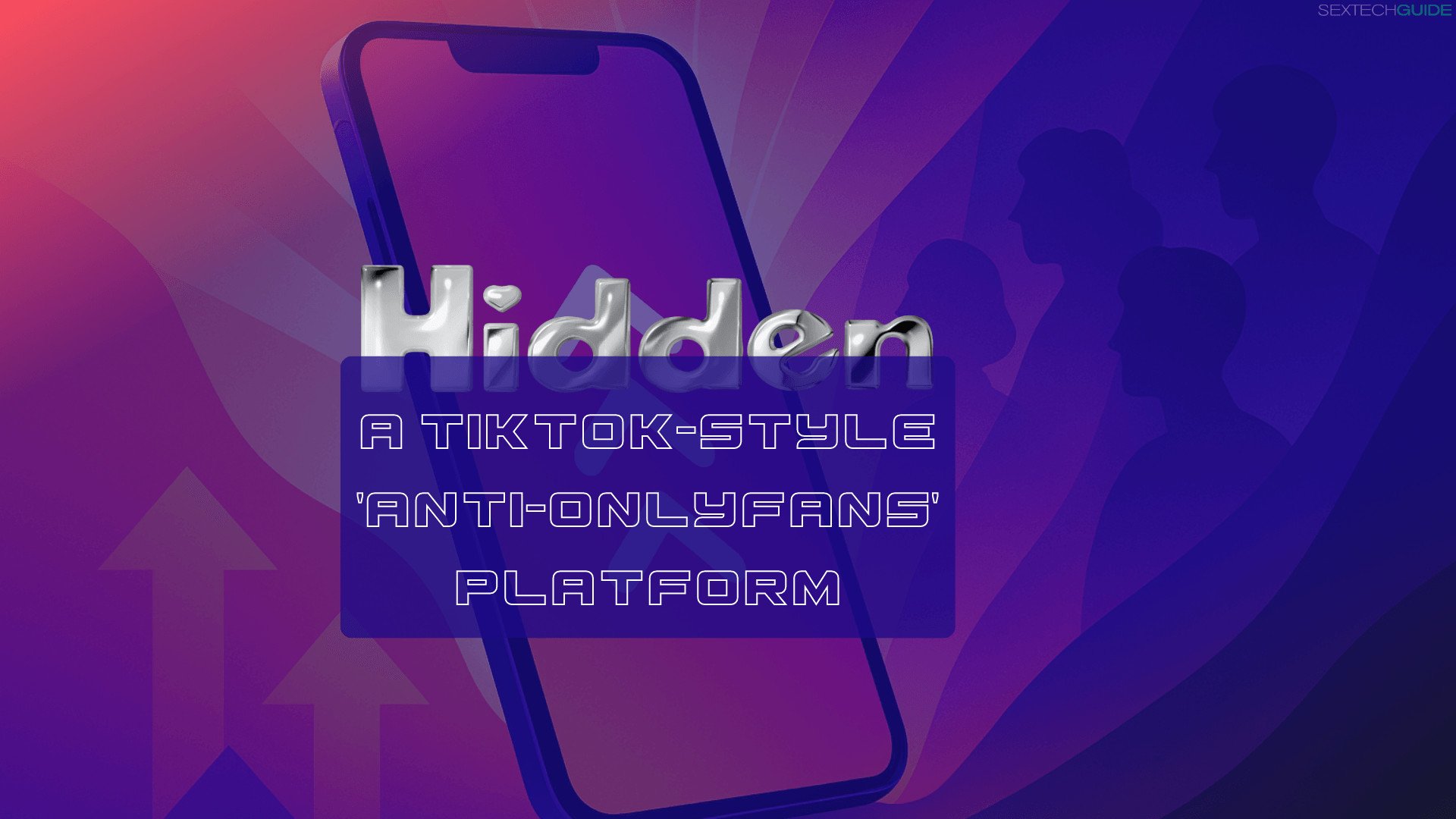
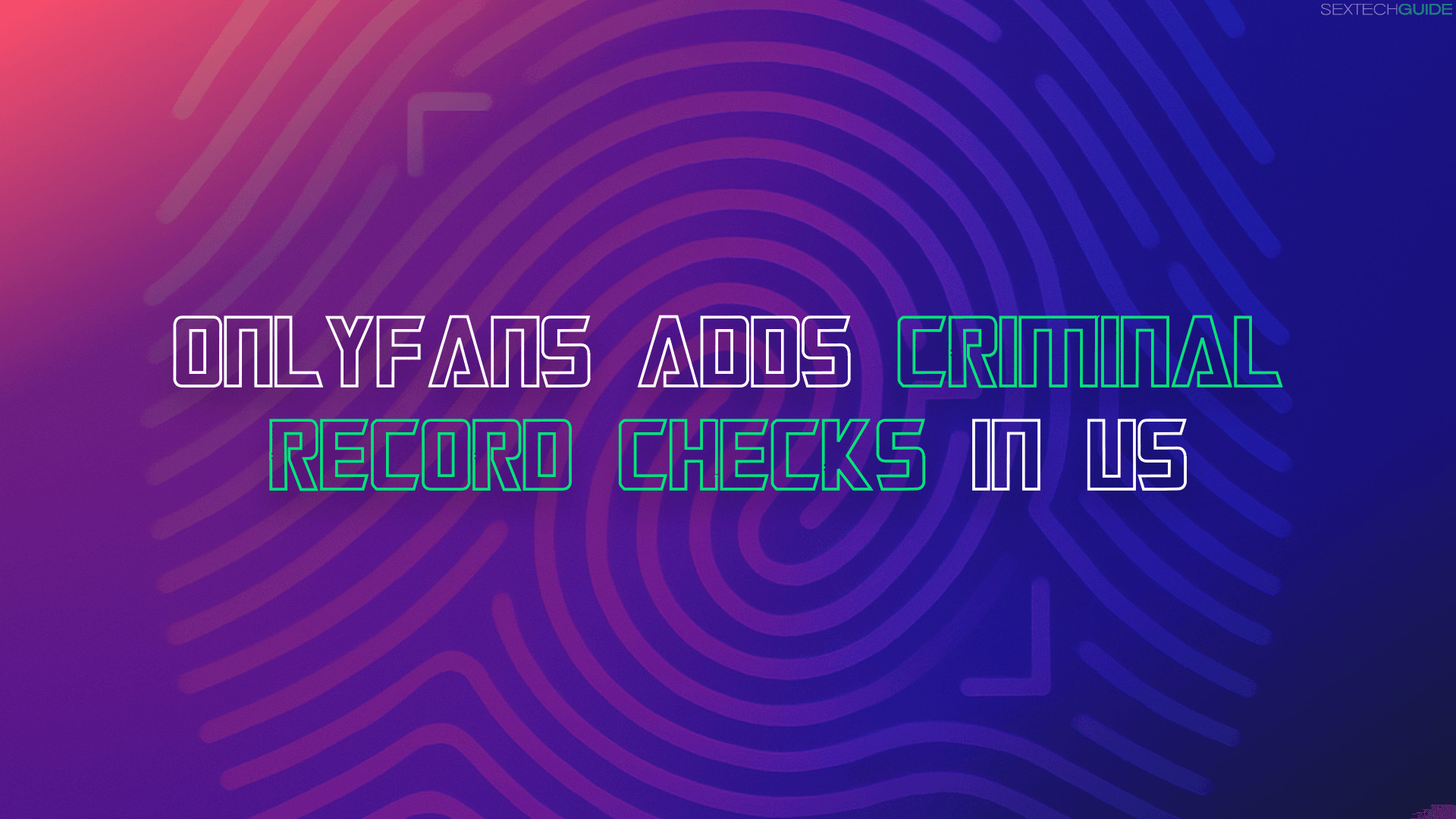


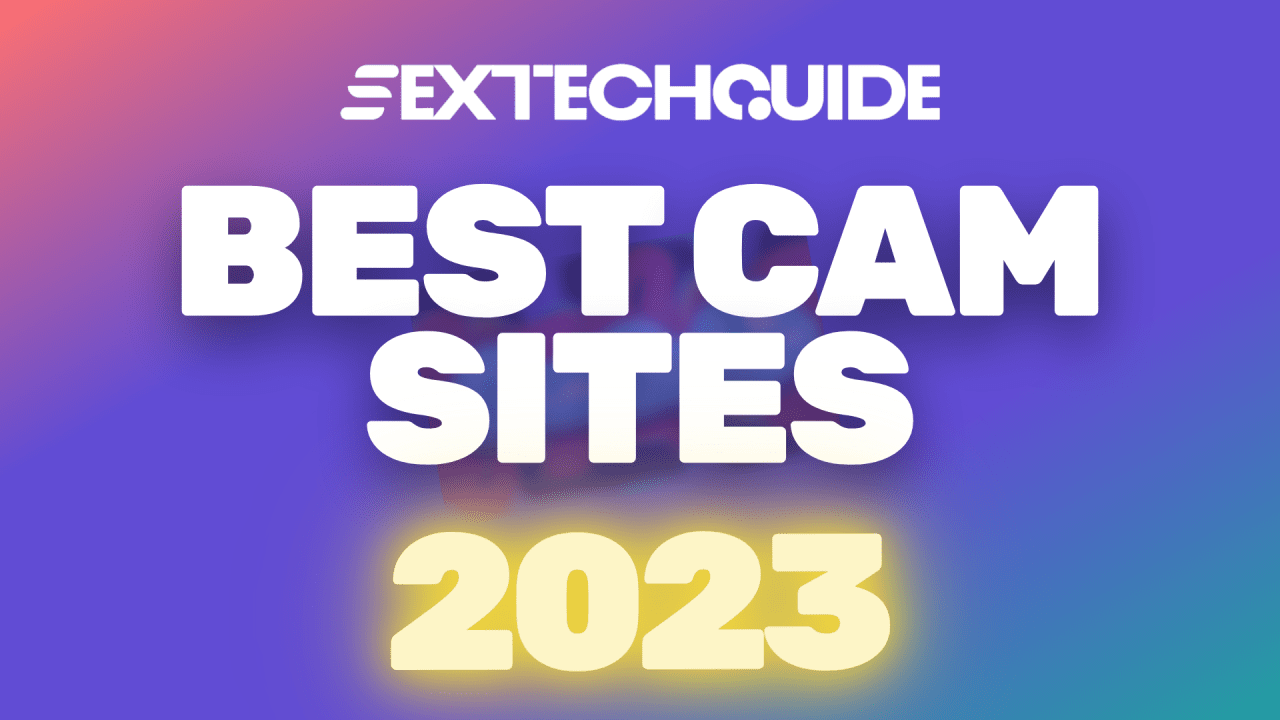

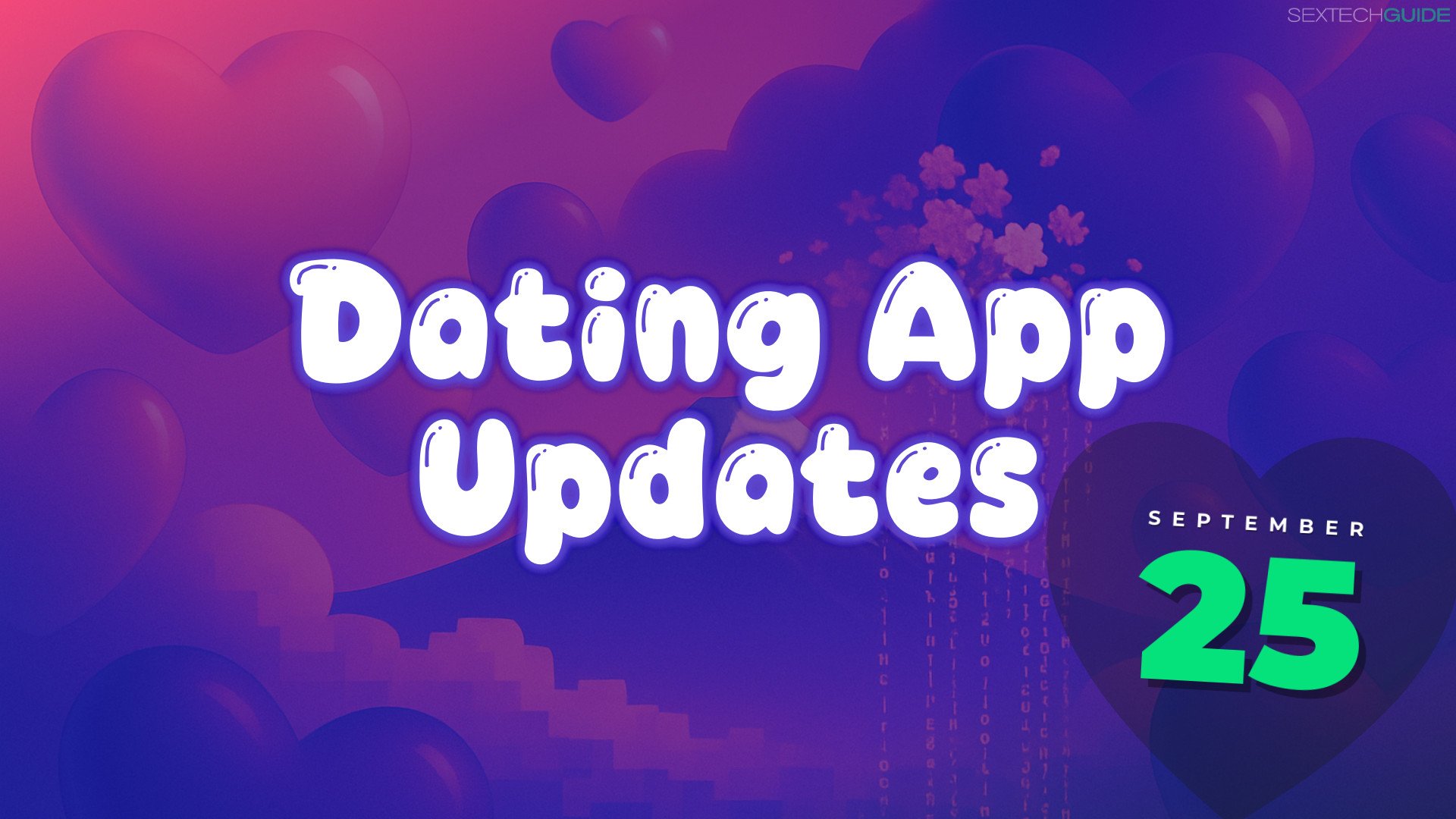

















Leave a Reply